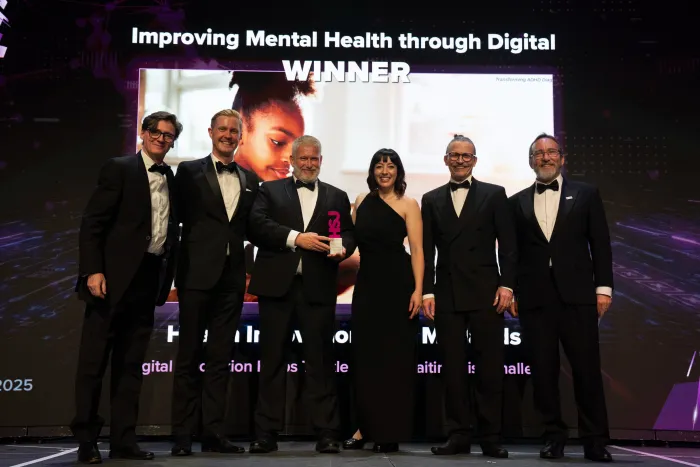
The innovative technology QbTest is an assessment tool developed by Qbtech, that measures the core components of ADHD (attention, impulsivity and activity).
When used to support the clinical assessment processes, it has been shown to significantly reduce the time to diagnosis, speeding up access to care and freeing up clinician time.
Use of the tool has helped to release an estimated of more than 95,000 hours of clinical time and saved an estimated £38.5M for the NHS since 2020.
Initially piloted in the East Midlands, the rapid roll out of Qbtech is thanks to a collaboration between the company, Health Innovation East Midlands (HIEM), the NIHR ARC East Midlands, and the NIHR MindTech HealthTech Research Centre.
The technology was then rapidly rolled out across England via the 15 health innovation networks, and by 2024, it had been implemented in more than three quarters of NHS trusts that provide ADHD services.
In October 2023, the national network published a practical guide, “A Guide to Innovation, Implementation, Readiness, and Resourcing", offering practical insights for healthcare organisations aiming to integrate cutting-edge technologies like the QbTest. This guide serves as a valuable resource for spreading and sustaining healthcare innovations across the NHS. Read more in this blog discussing the considerations for the successful adoption of innovation and transformative projects.
Previous HSJ recognition includes:
- Winner of the Innovative Mental Health Intervention - HSJ Partnership Awards 2022
- Winner of the Best Mental Health Partnership - HSJ Awards 2018
Qbtech was also NICE recommended to assist in the assessment of ADHD in children and young people in October 2024. The gold standard guidelines NG87, were recently updated in May 2025 to include a new section on Diagnostic tools (Section 1.3).
In addition to this, an independent task force set up to tackle challenges in ADHD care recently published its interim report and recommendations, citing that the QbTest can increase the speed of ADHD diagnostic decision making in children and young people by over 40% with no loss of diagnostic accuracy.
For more information about the programme, click here.
